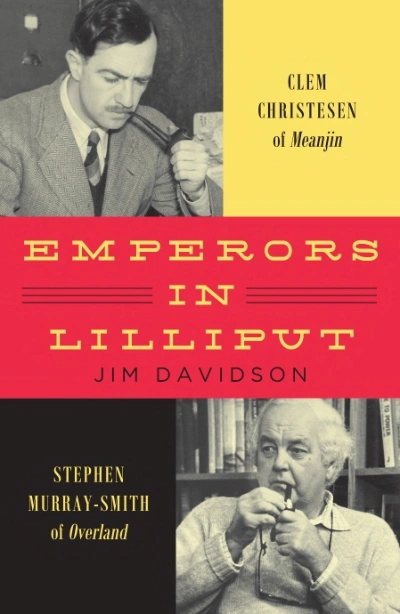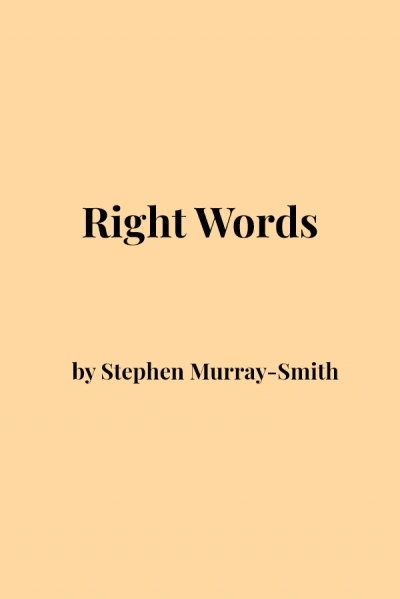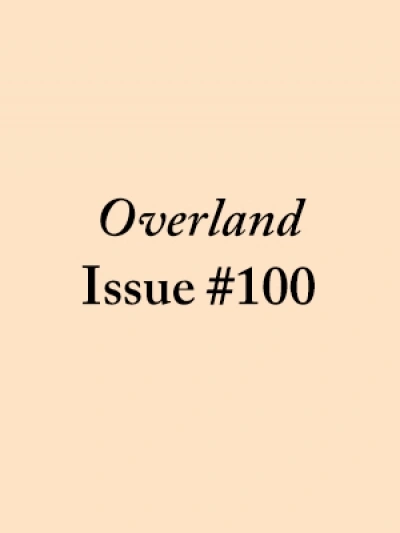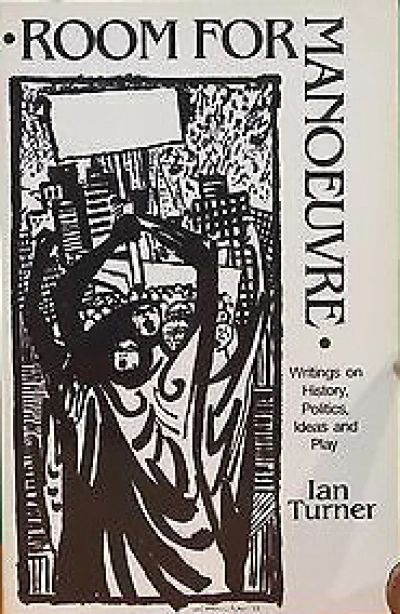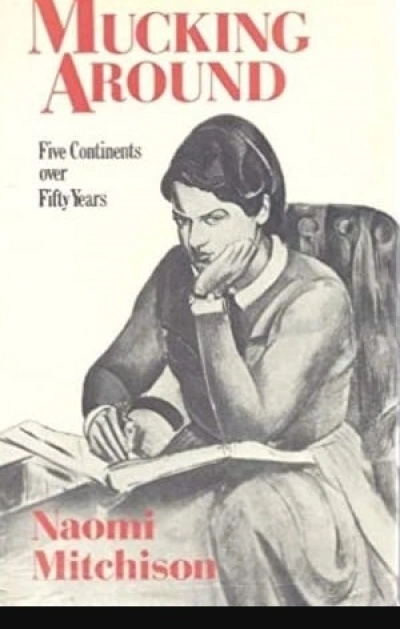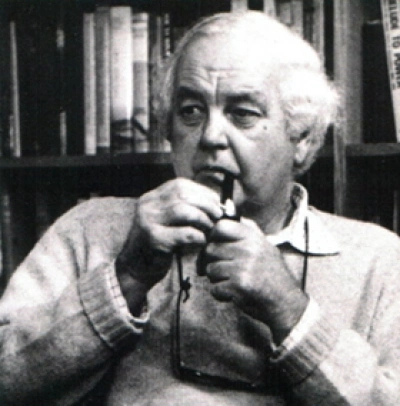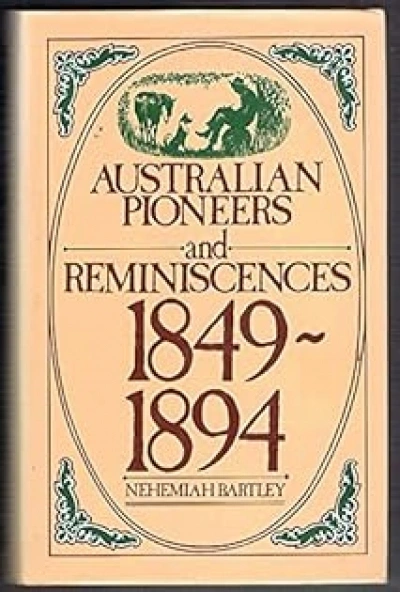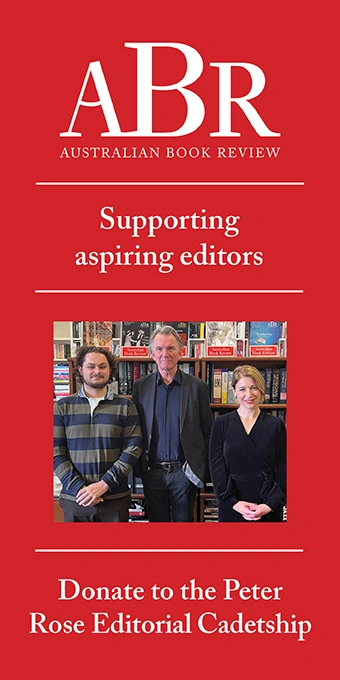Stephen MurraySmith
Emperors in Lilliput: Clem Christesen of Meanjin and Stephen Murray-Smith of Overland by Jim Davidson
by Graeme Davison •
Right words: A guide to English usage in Australia by Stephen Murray-Smith
by Stephen Knight •
John Manifold died in Brisbane on 19 April 1985. At his funeral a few days later the Eureka Flag covered his coffin, some of his own ballads were sung, and three fiddlers played. His death removes us from one of the great idiosyncratic talents of Australian letters. Colonial aristocrat, English middle-class intellectual, Australian natio ...
Teacher Learning edited by Gwyneth Dow & Melbourne Studies in Education 1982 edited by Stephen Murray-Smith
by John Hanrahan •
Room for Manoeuvre: Writings on history, politics, ideas and play edited by Leonie Sandercock and Stephen Murray-Smith
by Tim Rowse •
Mucking Around: Five continents over fifty years by Naomi Mitchison
by Stephen Murray-Smith •
Melbourne Studies in Education 1980 edited by Stephen Murray-Smith
by Andrew Spaull •
Australian Pioneers and Reminiscences 1849-1894 by Nehemiah Bartley & The Vine…and how to make Wine from Victorian Grapes by John Belperroud and David Louis Pettavel
by Stephen Murray-Smith •


